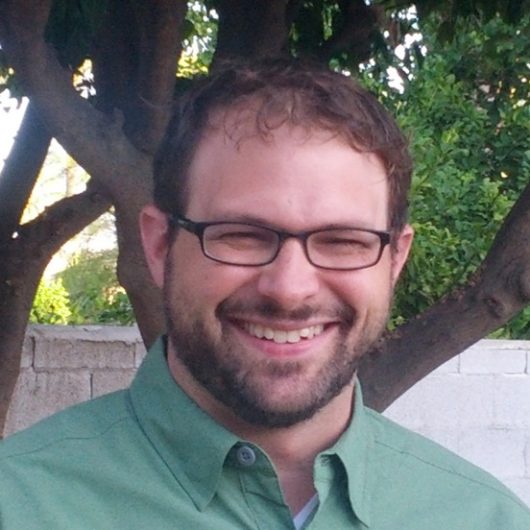New Tools for Science Policy
The Illusion of Average: Implications for Scientists
Improving Scientific Research in the Age of Personalization and Open Data
In a new program for the Fall 2016 New Tools series, we are hosting three seminars that explore the future of scientific research as it confronts enormous challenges and discovers promising new opportunities.
About the Seminar
September 09, 2016 8:30am—10:30am
Talk 1: The Illusion of Average: Implications for Scientists
By seeking out information on “averages,” researchers, funding organizations, and the public forgo vast amounts of information and risk building policies on plausible but misleading information. Imagine if, rather than discarded, information on individual and contextual differences were more systematically incorporated into the evidence-base. In what ways might research need to change to enable this alternative approach?
In this conversation, we focus on the changing role of scientists when “on average” provides increasingly less useful information. Specifically, we present “agile science” as an organizing structure for generating and curating scientific evidence that can feasibly better embrace individual and contextual differences. Agile science draws from a variety of domains, but, at its core, builds on the logic of modularity that is central to today’s complex computing systems (e.g., operating systems, the Internet). We provide some active case studies of this approach in behavioral science, and discuss changes to the current roles and activities of researchers implied by agile science process, particularly for generating evidence to support decision-making on the “right” health intervention for specific individuals, in context, and over time.
Talk 2: The Illusion of Average: An Open Science Approach to Research
Talk 3: The Illusion of Average: Renewing Research Infrastructure
Location Information
ASU Washington Center
1834 Connecticut Ave NW
Washington, DC 20009
RSVP: [email protected]
Speakers

Predrag Klasnja
Assistant Professor, School of Information, University of Michigan
Predrag Klasnja is an Assistant Professor in the School of Information at the University of Michigan, with a joint appointment in the Department of Health Behavior and Health Education. He is a member of the Michigan Interactive & Social Computing…
Seminar Video
Past Series
-
December 15, 2023 9:00am
Responsible Artificial Intelligence: Policy Pathways to a Positive AI Future
Andrew Maynard
-
November 17, 2023 9:00am
“Unacceptable Costs”: Managing for biological invasions and climate risks in the US Pacific Islands
Laura Brewington
-
October 30, 2023 9:00am
Patent Data & Publicly-Funded Research: Applications, Benefits, & Misuse
Bhaven N. Sampat
-
April 05, 2023 9:00am
Quantity over Quality: How to Solve Electric Vehicle Charging Infrastructure
Ryan Cornell
-
March 29, 2023 9:00am
How Complexity Science Can Guide Urban Transformations
Bastian Alm, Shade Shutters
-
February 02, 2023 9:00am
Making Research Matter for Policy
Robert M Cook-Deegan
-
October 07, 2022 9:00am
Creating Justice, Trust, and Inclusivity in Climate Policymaking
Kaiping Chen
-
March 21, 2022 9:00am
Framing Our Biological Futures
Cynthia Selin, Christopher Scott, David Tomblin, Janine Myszka , Lauren Lambert, Haley Manley, Dorit Barlevy
-
June 08, 2022 9:00am
Braiding Birthwork, Racial Justice, and Smart Technology
Alexandrina Agloro, Stevie Merino
